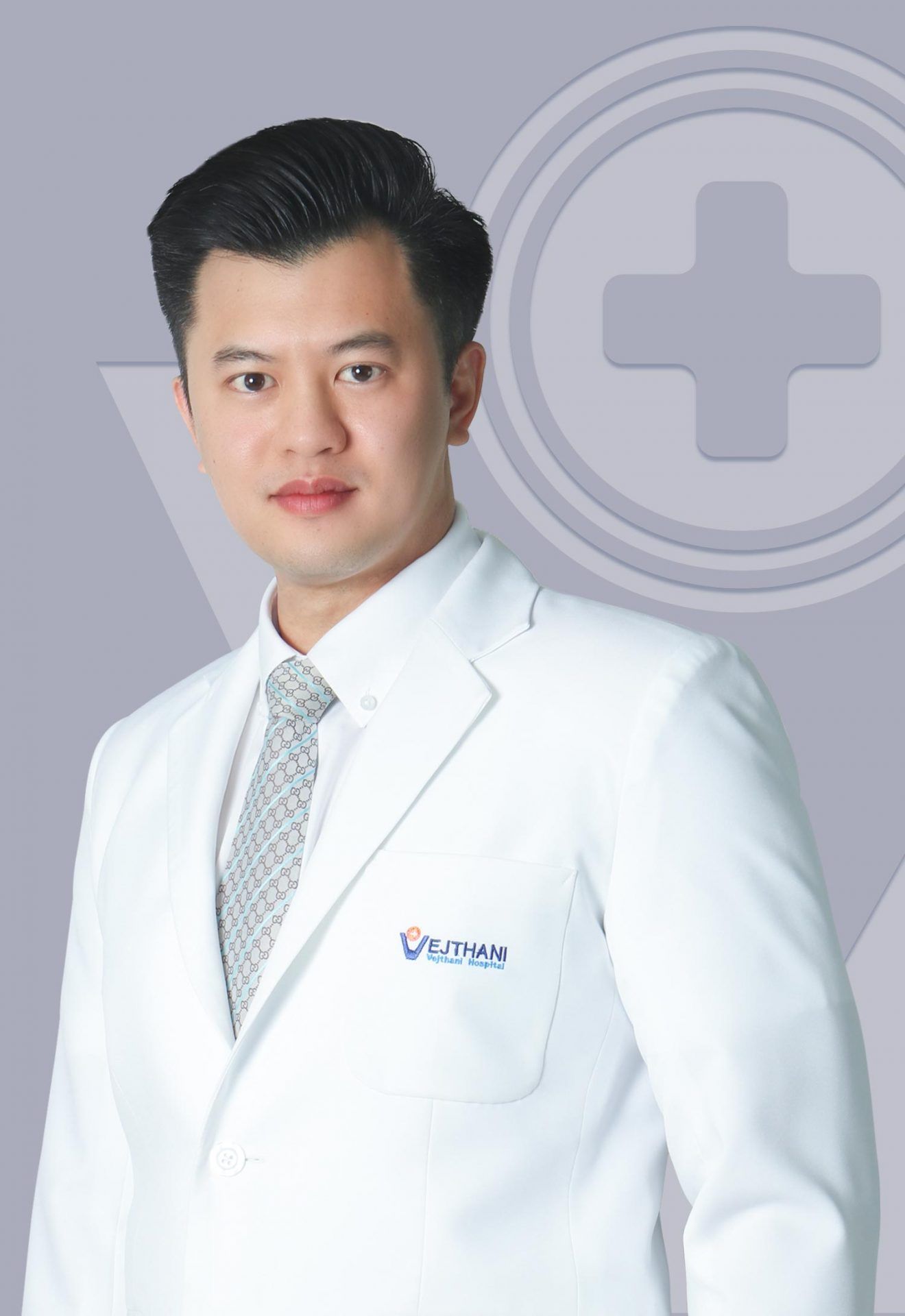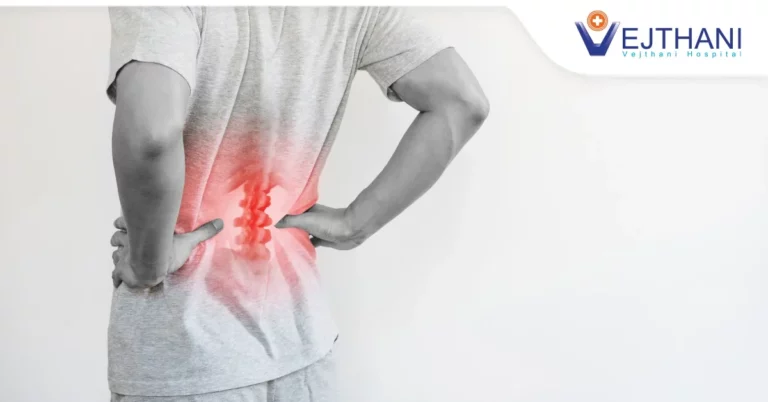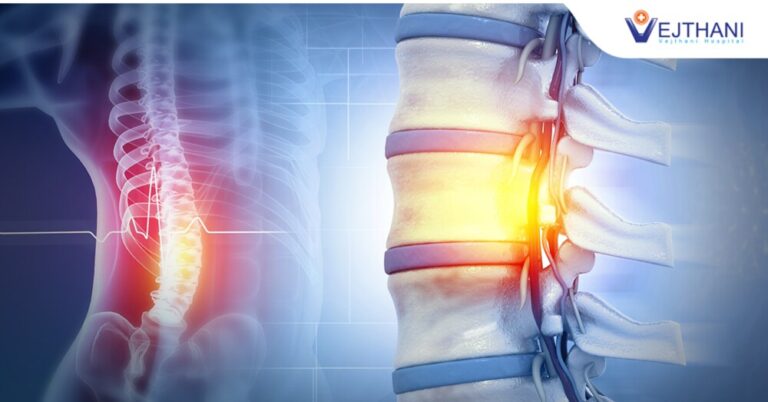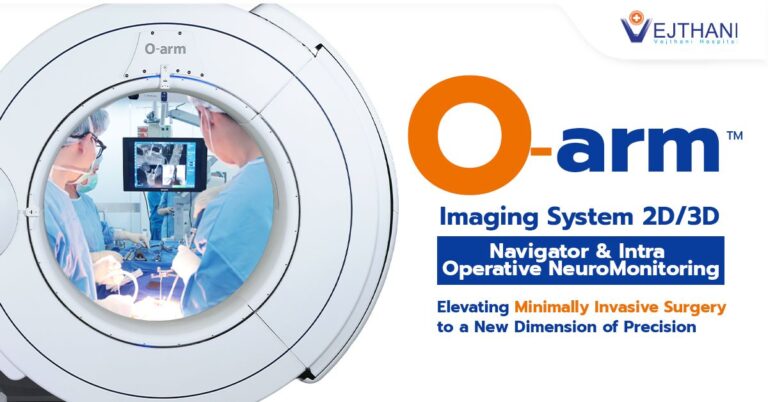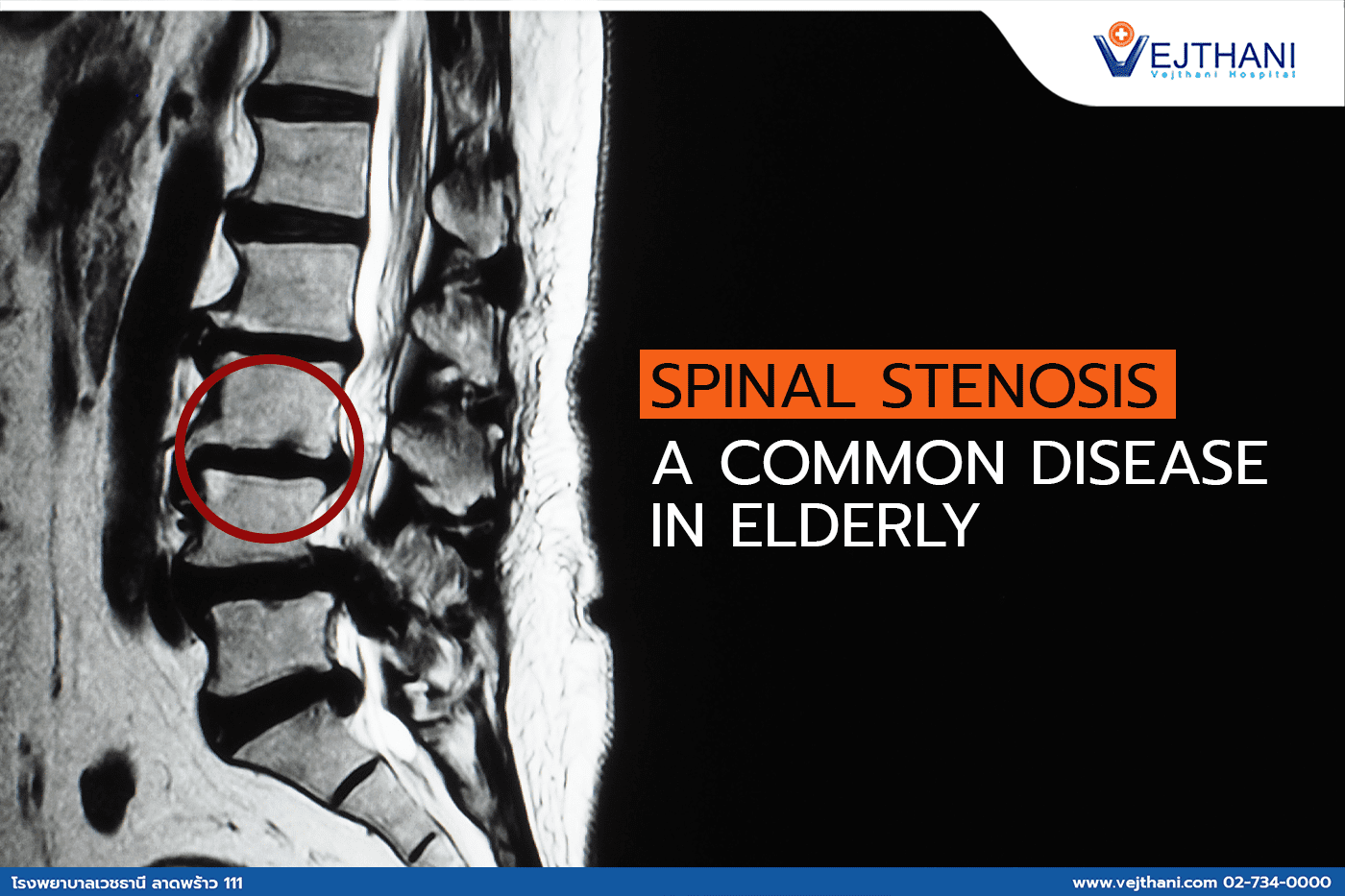

Lumbar Spinal Stenosis, or a narrowing of the spinal canal, is a disease commonly found in elderly people, although it can affect young people. The disease is caused by spinal degeneration that affects the discs, tendons and joints in the spinal column. The degeneration causes wear and tear and leads to narrowing of the spinal column and pinching the nerves inside. The pinching causes pain and numbness. Most of the symptoms of spinal stenosis occur in the lower back.
Spinal Stenosis Symptoms and Complications
Spinal stenosis is common in the elderly because the spinal canal will get narrower with age, due to the increasing inflammation of arthritis and wear and tear on the spinal column, resulting in compression of the nerves. The symptoms and complications of spinal stenosis can vary from patient to patient. However, nerve compression may cause any of the following symptoms:
- Hip and waist pain
- Leg pain that worsens after a long walk
- Back pain that gets worse when bending backwards and subsides when resting or bending the waist forward
Severe cases of spinal stenosis can cause a loss of bowel and bladder control. It can also lead to sexual dysfunction as nerves in the lower regions of the body are affected. In extreme cases, it can cause partial or complete paralysis of the legs.
Spinal Stenosis Diagnosis
For elderly patients who experience back pain and difficulty walking due to unknown causes, it’s important to consult a specialist for proper diagnosis using techniques including:
- X-rays. An X-ray of the spinal column can show bone growths or changes that may be reducing the size of the spinal column and causing spinal stenosis symptoms.
- Computerized tomography (CT). A CT scan combines X-rays taken from several different angles to display a 3D image of the target area. In a CT myelogram, dye is injected into the area that outlines the spinal column and the nerves within. It can illuminate bone spurs, arthritis enlargements and herniated discs that can compress the nerves.
- Magnetic resonance imaging (MRI). An MRI uses magnets and radio waves to create detailed images of hard and soft tissue. The machine can pinpoint damage to the spinal column’s discs and ligaments.
Spinal Stenosis Treatment
There are several medications used to treat spinal stenosis, along with physical therapy and steroid shots. Your doctor may ask you to first try OTC pain relievers like ibuprofen and paracetamol to see if they help.
Medications
- Anti-inflammatory drugs (NSAIDs) can also offer pain relief for spinal stenosis sufferers.
- Anti-seizure drugs, such as gabapentin, can reduce the pain caused by damaged nerves.
- Antidepressants. Doses of tricyclic antidepressants taken nightly can help ease chronic back pain.
Physical Therapy
Physical therapy can be effective for some spinal stenosis sufferers by:
- Building up the strength and endurance of back muscles
- Increasing the stability and flexibility of your spine
- Improving your balance
Surgery for Spinal Stenosis
There are several surgical procedures that can be used to create more space within the spinal column, including:
- Laminotomy. This procedure involves removing a portion of the lamina, which is the gray matter in the spinal column that provides support for the back of the spinal column.
- Laminectomy. The surgeon completely removes the lamina of a vertebrae. In some cases, the vertebrae are linked to nearby vertebrae to provide support after removal.
Spinal Stenosis Risk Factors
As people age, they become more at risk for developing spinal stenosis. However, people with scoliosis and athletes who engage in sports that put a lot of repetitive pressure and trauma on the spine can also be more at risk of developing the condition. The other risk factor is developing tumors in the spinal column that put pressure on the nerves.
Have Spinal Stenosis Treated at Vejthani Hospital
The Spine Center at Vejthani Hospital is well-equipped and has experienced doctors who are skilled at treating spinal stenosis.
For more information, contact
Spine Center, Vejthani Hospital
Call 02-7340000 or Ext. 5500
English Hotline: (+66)8-522 38888
- Readers Rating
- Rated 4.3 stars
4.3 / 5 ( Reviewers) - Outstanding
- Your Rating





















